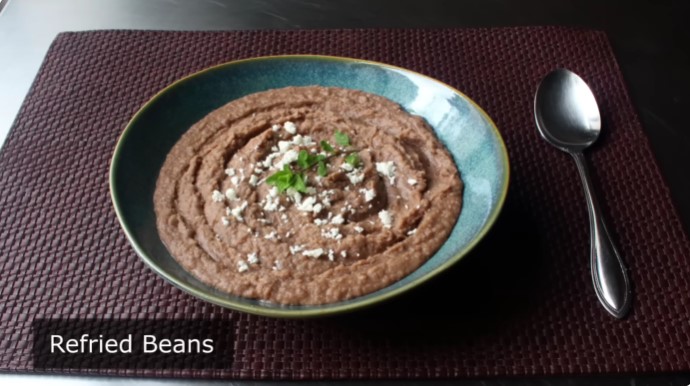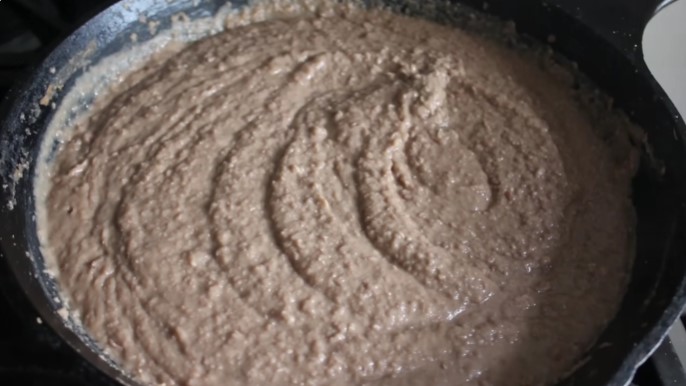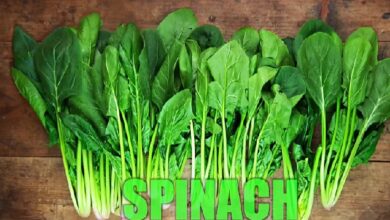Refried Beans Nutrition Facts
Refried beans are a staple in many cuisines, especially Mexican, and are beloved for their rich, hearty flavor. Not only are they delicious, but they are also packed with essential nutrients. Whether you’re enjoying them as a side dish, a filling for burritos, or a topping for nachos, refried beans offer a nutritious addition to your meals. In this article, we will delve into the detailed nutrition facts of refried beans, highlighting their benefits and how they can fit into a balanced diet.

Nutritional Overview
Macronutrients
Refried beans are a good source of macronutrients that provide energy and essential building blocks for the body. Here is a breakdown of the typical nutritional content per half-cup serving:
- Calories: 120-150
- Protein: 6-7 grams
- Carbohydrates: 21-23 grams
- Fiber: 6-7 grams
- Fat: 1-2 grams
Micronutrients
Refried beans are rich in several vital vitamins and minerals:
- Iron: Important for oxygen transport and energy production.
- Potassium: Helps regulate fluid balance, muscle contractions, and nerve signals.
- Magnesium: Involved in over 300 biochemical reactions in the body.
- B Vitamins: Including folate, thiamine, and niacin, which are crucial for energy metabolism and brain function.
Additional Health Benefits
- High Fiber Content: The fiber in refried beans aids in digestion, helps maintain healthy blood sugar levels, and supports weight management.
- Plant-Based Protein: A great protein source for vegetarians and vegans, providing essential amino acids needed for muscle repair and growth.
- Low Fat and Cholesterol-Free: When prepared with minimal oil, refried beans are low in fat and contain no cholesterol, making them heart-healthy.
- Antioxidants: Contains phytonutrients that protect the body against oxidative stress and inflammation.
Preparing Healthier Refried Beans
While traditional recipes often use lard, healthier versions can be made with olive oil or even water to reduce fat content. Canned refried beans can be high in sodium, so look for low-sodium options or make them from scratch to control salt levels.

Frequently Asked Questions
How do refried beans affect blood sugar levels?
Due to their high fiber and protein content, refried beans help stabilize blood sugar levels by slowing down the absorption of carbohydrates.
Are refried beans gluten-free?
Yes, refried beans are naturally gluten-free, making them suitable for those with celiac disease or gluten sensitivity.
Can I include refried beans in a weight loss diet?
Absolutely. Their high fiber and protein content can help keep you full and satisfied, aiding in weight management.
What are some ways to incorporate refried beans into my diet?
You can use refried beans as a spread on toast, a filling for tacos and burritos, a topping for nachos, or a side dish with grilled meats or vegetables.
Are there vegan options for refried beans?
Yes, you can make vegan refried beans using vegetable oil or water instead of animal fats like lard.
Refried beans are not only versatile and tasty but also offer numerous health benefits. By understanding their nutritional value, you can enjoy them as a nutritious part of your diet.





